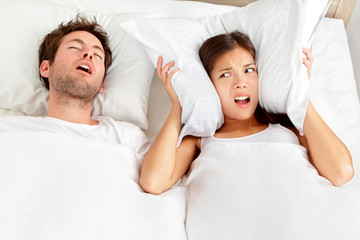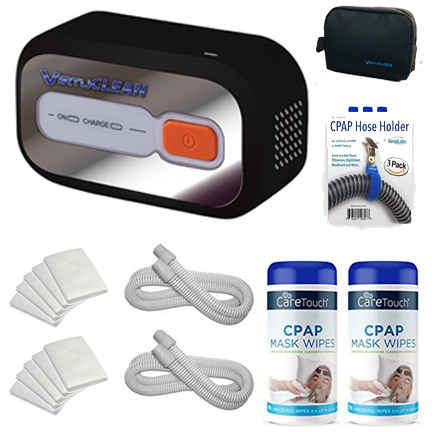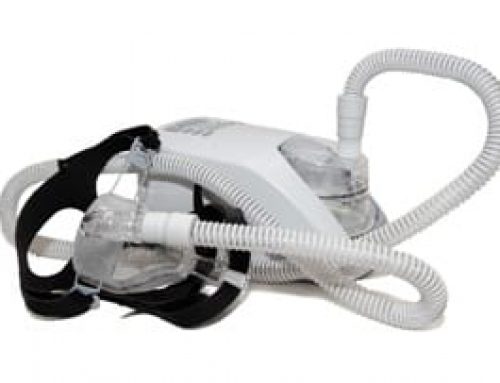What Is Sleep Apnea?
Sleep apnea is a very common sleep disorder. It occurs when the upper airway collapses or becomes blocked during sleep, causing reduced or completely blocked airflow. Sometimes the brain stops sending the signal needed to breathe causing the condition. Sleep studies are used to diagnose sleep apnea. These studies record your breathing patterns and the number of apnea episodes. They also record your oxygen levels in the blood during these events to measure the severity of your condition.
How Does Snoring Affect Our Memory?
Between 19% to 40% of adults snore while sleeping, and that number climbs higher as we age, particularly for men. While it’s annoying for bed partners, it should be taken seriously medically as well. Snoring or any other kind of disrupted breathing could negatively affect the brain.
Snoring is one form of sleep apnea, where people briefly stop breathing. These pauses in breathing can last only a few seconds or several minutes and occur dozens of times within an hour. A study published in Neurology found that any disruption of breathing can negatively affect the brain. Furthermore, it found that those with sleep apnea developed cognitive impairment and memory problems sooner than those without any sleep disorders. The study followed 2000 people who were asked about snoring and sleep apnea. Every six months for two to three years researchers followed up with the participants to record any changes in their cognitive function. The participants who snored or had sleep apnea developed cognitive impairment such as memory lapses and slower cognitive skills an average of 12 years sooner than those who did not report any sleep disorders.
Snoring and sleep apnea are not always a precursor to memory issues, but your doctor should pay extra attention to your cognitive function if you have any signs of a sleep disorder. Proper treatment of sleep disorders will prevent and even reverse the early cognitive decline.
How To Treat and Prevent Sleep Apnea
Lifestyle changes and breathing machines such as CPAP(continuous positive air pressure) machines are the standard treatments for sleep apnea and snoring.
Many factors that exacerbate sleep apnea can be controlled with a lifestyle change. The following are some changes that can reduce the effects of sleep disorders:
- Keep a healthy weight- Obese individuals, particularly those who carry extra weight around their neck and jaw are more likely to develop sleep apnea due to the excess tissue and fat around the neck. This excess weight puts pressure on the airway making it more susceptible to collapsing or becoming blocked.
- Avoid alcohol and drugs- Alcohol and many drugs relax the central nervous system. This causes your throat muscles to relax and can be a cause of sleep apnea.
- Stop smoking- Smoking is extremely harmful to your lungs and blood vessels. Quitting smoking will make it easier for you to breath overall, especially while you are asleep. Smoking causes your airway to swell and acts as a sedative. Both of those factors lead to apnea.
Caring For Your CPAP Machine
If you still require a CPAP machine to treat your sleep apnea or snoring remember how crucial it is to keep it clean. Dirty CPAP equipment can harbor germs and bacteria that can make you sick. Regular cleaning of your sleep apnea equipment will also prolong its life. A CPAP cleaning device is a simple way to ensure that your machine and equipment remain clean and safe to use. VirtuClean is a CPAP cleaner made by VirtuOx that uses ozone to clean and sanitize. All you do is plug the unit into your sleep apnea machine and turn it on. In 30 minutes your equipment is sanitized and ready for its next use.
can harbor germs and bacteria that can make you sick. Regular cleaning of your sleep apnea equipment will also prolong its life. A CPAP cleaning device is a simple way to ensure that your machine and equipment remain clean and safe to use. VirtuClean is a CPAP cleaner made by VirtuOx that uses ozone to clean and sanitize. All you do is plug the unit into your sleep apnea machine and turn it on. In 30 minutes your equipment is sanitized and ready for its next use.
If you snore or show other signs of having a sleep disorder, don’t be afraid to talk to your doctor. Treatment for sleep disorders is highly effective and will significantly improve your quality of life. Your memory function alone is at risk with untreated sleep disorders as well as in increased risk factor for many other chronic diseases and ailments. Talk to your doctor today to prevent complications from an untreated sleep disorder.




 Shop
Shop



